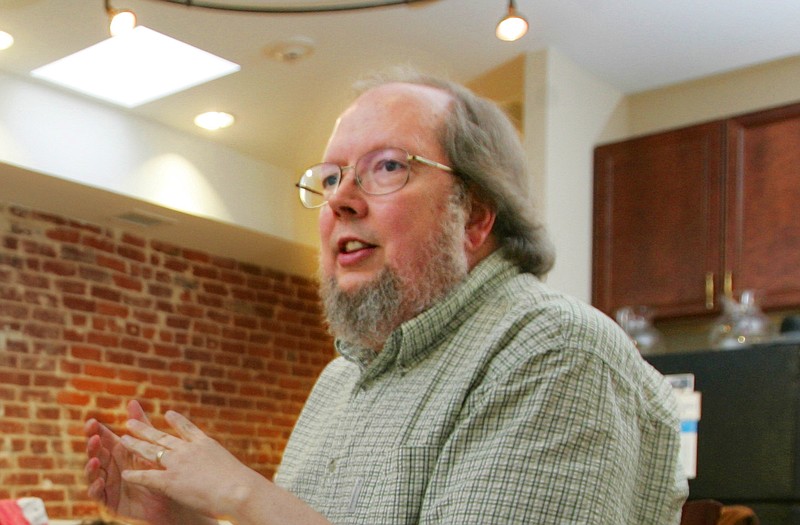For more than a century, Western diplomats and scholars were sure of one thing: Religion's role in world affairs would decline as humanity evolved toward a future rooted in logic and science.
Those who didn't accept this vision were considered naive, irrational or perhaps even dangerous.
The problem? There is little evidence that this theory is true. In fact, it has become increasingly obvious that journalists and diplomats must pay more attention to religious traditions and practices if they want to understand many of the conflicts shaping and shaking our world, argued historian John Wolffe of the Open University in England.
"Precisely because mainstream Western society is predominantly secular, a positive effort needs to be made to enable those who do not have a religious faith to have a better understanding, both of the significant (religious) minorities in the West ... and of a continuing, and arguably growing, influence of religion in much of the rest of the world," he said.
Wolffe made the remarks during the recent "Getting Religion" conference in Westminster, England, led by the Open University and Lapido Media.
To be blunt, he said, confusion about the role that religion plays in the real world is dangerous. But how will religious believers and unbelievers learn to understand each other if journalists don't learn to cover religion accurately and fairly?
"While it may sometimes be hard to resist the temptation to go for the eye-catching headline that stereotypes a particular religious group, there needs to be a greater readiness to look beneath the surface and to seek to educate readers, listeners and viewers," said Wolffe in an address later posted online. "All of this matters, because a negative dynamic in which religious people are feared because they are not understood, and themselves feel threatened and embattled by an uncomprehending society, is a climate in which insecurity and consequent extremist ideas and actions can fester."
In a conference report, "Religion, Security and Global Uncertainties," Wolffe and other scholars stressed that national security experts must learn to walk a fine line between blaming violence on religion and swinging to the opposite extreme -- refusing to investigate how radicalized forms of religion can create security threats.
For example, a task force created by England's prime minister focused primarily on "a clear polarity between what it regards as a peaceful, traditional Islam and what it calls 'Islamist extremism.' It needs to be recognized that there are many shades of gray in between," he said. "Unless that is fully appreciated, there is a risk of finding extremists in every mosque, alienating majority Muslim opinion and making it much harder to identify the relatively small minority who are an actual risk to national security."
The risks are real, and it's crucial for journalists and diplomats to react when religious and secular forces cause stable, diverse communities to splinter and veer into violence. Rapid economic changes, a political regime's collapse, natural disasters or outside military threats can cause such explosions. So can the rise of a charismatic religious leader or an invasion -- real or via media -- by activists from foreign cultures.
Religion can mix with nationalism, with oppressive government policies, with ancient tribal conflicts or attempts by a majority group to crush a hated minority.
Progress is possible. Wolffe and others applied lessons learned during generations of strife in Northern Ireland to current conflicts inside the complex world of Islam. The bottom line: Even secular officials, diplomats and journalists need to recognize that mainstream religious leaders must be involved in strategies to promote peace.
"Religion can make a shattering difference in people's lives, but indifference to religion can make a shattering difference as well," said Jenny Taylor of Lapido Media, when interviewed after the conference. "Far too many people simply have not done their homework. They don't know the ground on which they are standing when they look at the world around them."
As for journalists and government officials, she said, when facing a crisis involving religion, "they most of all fear making a mistake that can end their careers, so they are afraid to act. ... But they also have to be concerned about the mistakes they can make by not acting, by not covering important religion-news stories. You see, if you don't understand religion, then you are going to make mistakes either way -- and they are going to be profound mistakes."
Terry Mattingly is the director of the Washington Journalism Center at the Council for Christian Colleges and Universities and leads the GetReligion.org project to study religion and the news.

